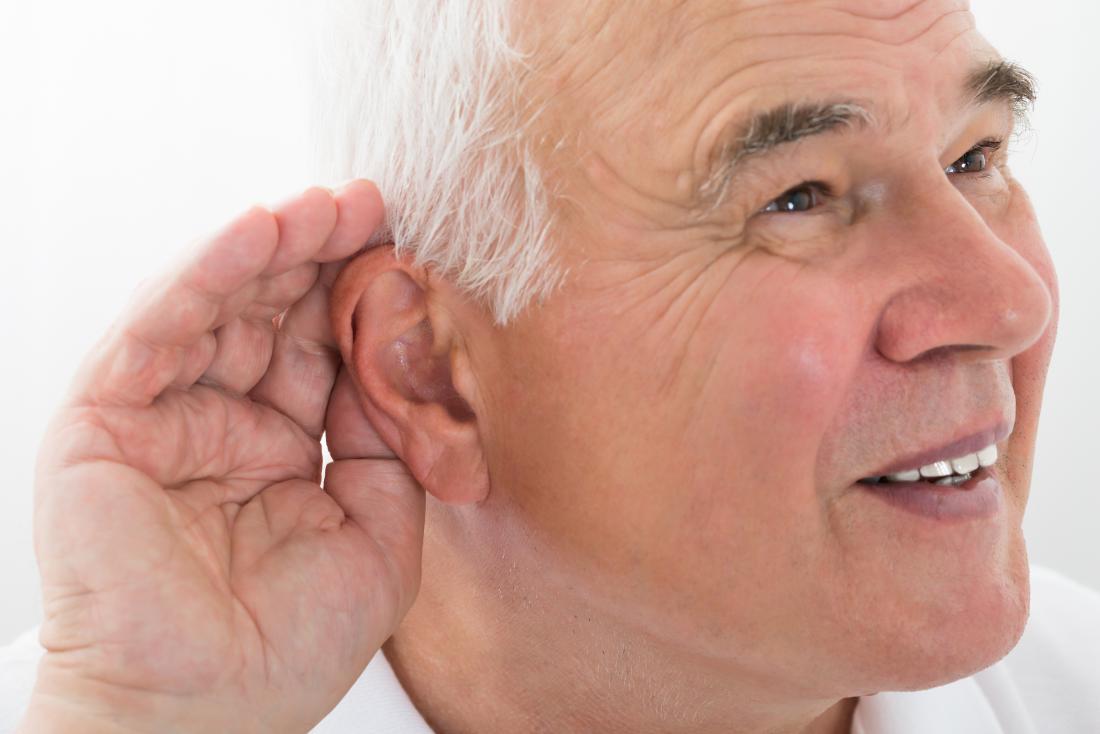
The Bachelor of Education (B.Ed) program with a specialization in Hearing Impaired Education is designed to equip educators with the specialized knowledge and skills required to teach students with hearing impairments at the primary and secondary school levels. This program provides a comprehensive understanding of the unique challenges faced by individuals with hearing loss and emphasizes inclusive teaching strategies, communication methodologies, and assistive technologies.
The curriculum of the B.Ed Hearing Impaired program covers courses such as Audiology, Speech and Language Development, Sign Language, and Assistive Technologies for Hearing Impaired individuals. Students delve into the theoretical foundations of hearing impairment, gain proficiency in sign language, and explore adaptive technologies that enhance communication and learning experiences for individuals with hearing loss.
A key focus of the program is on practical training and experiential learning. Students participate in teaching practicums, observing and working with students who are hearing impaired, and implementing inclusive teaching strategies. The program ensures that graduates are well-prepared to create accessible and supportive learning environments for students with hearing impairments.
The B.Ed Hearing Impaired program also addresses the socio-emotional aspects of hearing impairment, emphasizing the development of empathy, effective communication skills, and strategies for building a positive and inclusive classroom culture.
Upon successful completion of the program, graduates are prepared for careers as teachers specializing in hearing impaired education, resource teachers, or inclusion specialists. The B.Ed Hearing Impaired program not only focuses on the academic aspects of teaching but also cultivates a commitment to fostering the overall well-being and development of students with hearing impairments within the educational system.